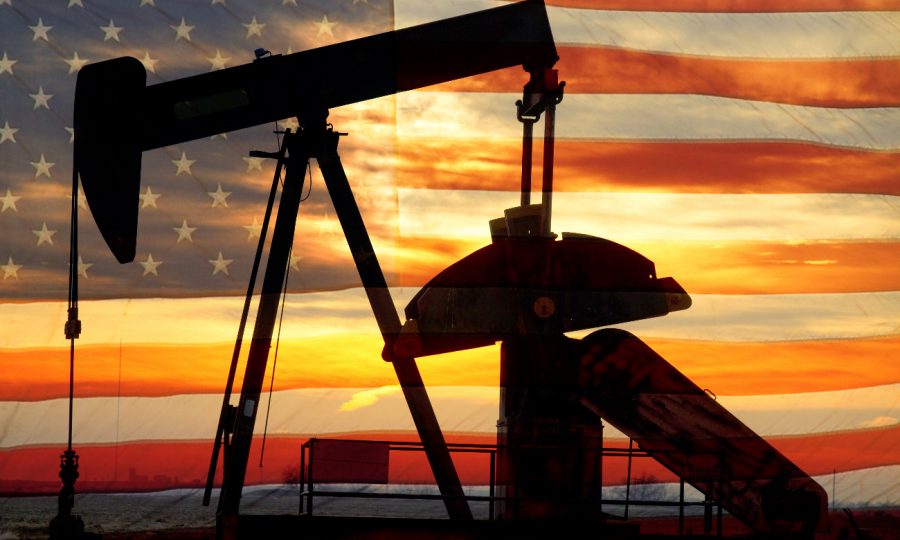Oil started the week bearish as investors are concerned about the increasing numbers of COVID-19 cases globally which could potentially affect the demand for oil despite the Organization of the Petroleum Exporting Countries and allies (OPEC+) output squeeze. The global benchmark for oil, the Brent oil futures is down 0.60%, currently trading at$72.90 a barrel while the U.S oil also dropped 0.62% to $71.61 a barrel, as of the time of writing this report.
Reasons for the bearish start
The rising numbers of COVID-19 Delta variant cases have forced countries such as Thailand and Vietnam to impose curfews. Also in Germany, the possibility of tougher restrictions for those unvaccinated has been proposed and may soon be imposed. U.S. White House medical advisor Anthony Fauci also warned that the nation is moving in the “wrong direction” in dealing with its latest wave of COVID-19 cases.
Another reason for the bearish start is China, a country that is touted to be a major importer of oil. Asides from dealing with the increasing number of COVID-19 cases, it is now combatting severe flooding in parts of the country. The recent flood in Zhengzhou, the capital city of central Henan province, has left over one million people displaced according to reports from NPR.org.
Also in China, the country’s capital Beijing is cracking down on the misuse of import quotas, which, combined with higher crude prices, could see China’s growth in oil imports sink to the lowest in two decades before the end of the year. However, refining rates are expected to rise in the second half of 2021.
What they are saying
Howie Lee, an OCBC Bank economist, in an interview with CNBC, stated, “We saw an overreaction in the market last Monday, and like all other technical corrections so far oil’s downturn has typically proven short-lived… bargain hunters came in droves when Brent got below $70 and the economic demand for energy looks robust.”
Bottomline
The latest surge in COVID-19 cases picked a bad time as the OPEC+ just ended their impasse and are expected to increase supply starting in August. This could mean more supply than demand if raising COVID-19 cases force countries to another round of lockdowns.
Asides from this, talk to revive 2015’s nuclear deal is in play and the implication of this would mean that Iranian supplies will be back on the market, leading to even more supply of oil into the market which does not bode well for the price of the commodity. Investors are advised to trade the black liquid carefully as the market has been very volatile over the past 3 weeks.













.gif)




